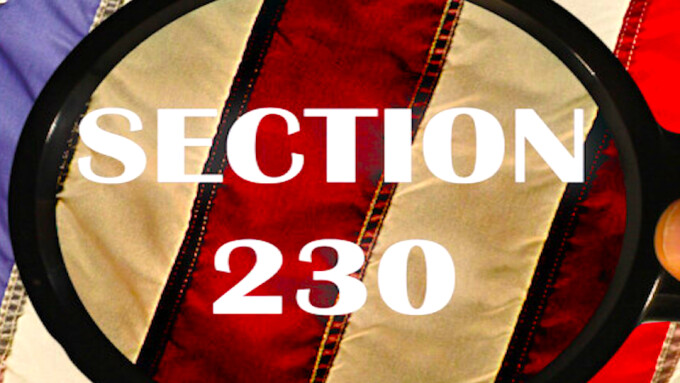HOUSTON — Texas' Fourteenth Court of Appeals denied yesterday Facebook’s appeal to dismiss a lawsuit in which lawyers for anonymous plaintiffs argued the platform “facilitated the sex trafficking of minors” and is not protected from liability by Section 230.
Facebook had asked the intermediate appellate panel to decide if Texas had jurisdiction over the case, which challenges longstanding Section 230 liability protections for user-generated content.
Section 230 is universally considered by digital rights advocates as "the First Amendment of the internet" and a crucial bulwark against state and corporate censorship of controversial speech, including sexual expression.
The three-judge panel denied the bid, siding with the Jane Doe plaintiffs who — largely based on the controversial FOSTA-SESTA carveout of Section 230 — allege that Facebook “provided an unrestricted platform for predators to exploit and extort children and recruit them into the sex trade,” legal news site Law360 reported.
The Texas Supreme Court ruled in June 2021 that Facebook was protected from several of the claims by Section 230 immunity from liability, but also decided that some of the claims made by the Jane Does — in synchronicity with the arguments of legal staff at powerful anti-porn lobbies like NCOSE — could proceed “under a Texas statute that allows for a claim against anyone who ‘intentionally or knowingly benefits from participating in a venture that traffics another person,’” Law360 explained.
The appellate panel yesterday ruled that since Facebook “does substantial business in Texas through the marketing of its social networking website in the state, profits from the sale of Texas users' personal data and directly advertises its products to millions of Texas users,” the lawsuit can moved forward in the state.
“Texas has a strong interest in protecting citizens of the state by exercising jurisdiction over these types of claims,” Chief Justice Tracy Christopher and Justices Charles A. Spain and Margaret "Meg" Poissant declared.
Christopher is a Republican and Spain and Poissant are Democrats.
Such “user-generated content” cases have become increasingly politicized since the enactment of FOSTA-SESTA, especially after former President Donald Trump took up the crusade to dismantle Section 230 protections.
When discussing one of the cases against the platform in February 2021, Texas Supreme Court Justice Debra Lehrmann — a Republican appointed by Governor Rick Perry in 2010 and then twice reelected — took aim at Section 230 protections, questioning Facebook’s immunity on the grounds that it may have “failed to warn users of the dangers of sex trafficking.”
The case is Facebook Inc. v. Jane Doe, case number 14-19-00854-CV, in the Texas Court of Appeals for the Fourteenth District.






